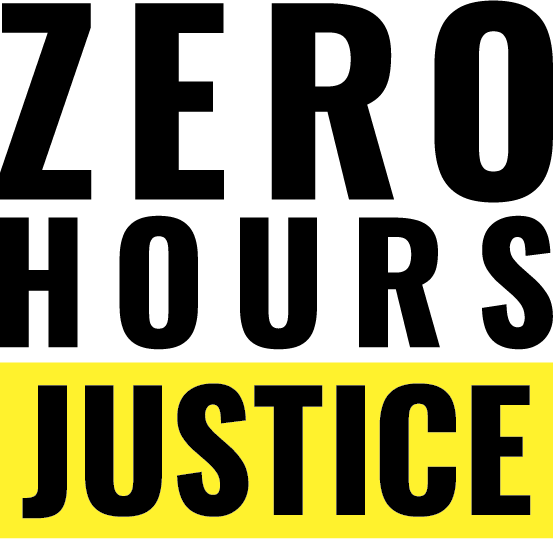Zero hours justice backs labour's plans to end the "one-sided flexibility" of zero hours contracts29/7/2021
By Pravin Jeyaraj
In theory, for example, a zero hours worker could do twenty hours in one week and no work the next week. In addition, employers are not required to give notice either of available work or cancelled shifts. According to research from the Living Wage Foundation, almost 40% of zero hours workers given less than a week's notice before shifts. Some even turn up for their shifts, expecting to work, only to be told that they are not needed and not being paid. With such job and income insecurity, it can be difficult to plan your finances, especially when you do not know whether you will be able to pay your bills and feed your family from month to month. It surely cannot be right that the only way people can afford to live is by having their low, irregular pay topped by benefits. It can also be hard to make alternative arrangements for childcare or other caring responsibilities when work does become available at short notice. The irony is that many zero hours workers actually do work regular hours, or a regular number of hours, without really knowing whether they will still have work the next day or the next week. We saw this during the pandemic, with people suddenly finding themselves without work and pay. Zero Hours Justice therefore supports Labour's pledge to end "one-sided flexibility so all workers have stable, secure employment and mutually-agreed predictable working hours and shift patterns so they can plan their lives". However, zero hours workers cannot wait until at least 2024 and a change in government. We therefore urge the Conservative government to fulfil its manifesto commitment and publish its employment bill, with a right to a more predictable contract for zero hours and variable hours workers.
Comments are closed.
|
contactFor press enquiries or permission to reuse content, please contact: Archives
June 2024
CATEGORIES
All
|
|
Company No: 12417909 Registered Office: 38 Coney Street, York, Y01 9ND
|


 RSS Feed
RSS Feed


